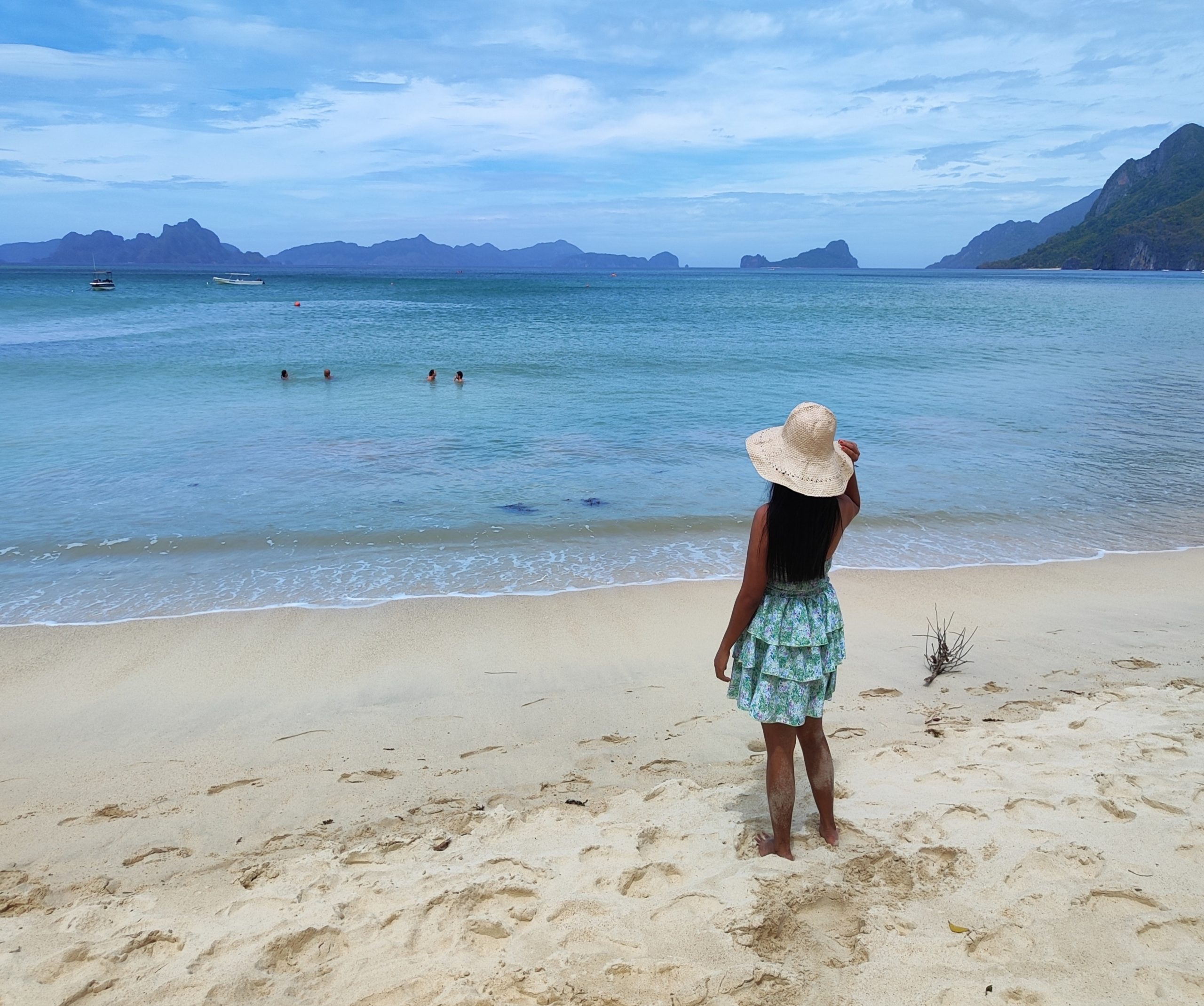A national security expert has proposed a bold strategy to resist trade pressures from China, warning Australia not to cave to the superpower.
The proposal comes after both China and Australia admitted on Wednesday that the relationship between the countries was strained.
Think tank Centre for Independent Studies published a policy paper on Thursday by Alan Dupont, a risk consultancy executive and former defence advisor.
Mr Dupont argued that Australia has suffered more than any other country from recent Chinese “coercive practices” when it comes to trade and diplomacy.
He said that China was making an example of Australia in order to scare other nations into “submission”.
But if the US took a global leadership role, Mr Dupont said, it could inspire democracies to come together in resisting China, strengthening their bargaining power against the superpower.
 Prime Minister Scott Morrison pictured shaking hands with President Xi Jinping during the G20 in Osaka, Japan on June 28, 2019. Picture: Adam Taylor Adam Taylor/PMOSource:Supplied
Prime Minister Scott Morrison pictured shaking hands with President Xi Jinping during the G20 in Osaka, Japan on June 28, 2019. Picture: Adam Taylor Adam Taylor/PMOSource:SuppliedThe think piece, titled “Resisting China’s economic coercion: Why America should support Australia”, comes in the context of deep-frozen Australian-Chinese relations and after a series of high-profile spats between the nations.
Australian complaints over China’s involvement in rolling out a new 5G network, treatment of Uighurs and handling of the coronavirus pandemic have all contributed to the relationship cooling over the past few years.
China has sought to punish Australia with trade sanctions hitting exporters of food, wine, and resources, and taunted the Australian government with an infamous doctored picture showing an Australian soldier slitting the throat of an Afghani child.
On Wednesday, both sides acknowledged the relationship was strained.
Prime Minister Scott Morrison said he wanted a “positive relationship” with China, but it was more important for Australia to stick with its values.
“We will have a positive relationship that is consistent with Australia acting in accordance with its values and its national character,” he said.
“And that will never be, that will never be something that we would yield for the sake of a relationship and I think that that is very important.”
His comments came ahead of a rare press conference by China’s ambassador to Australia, Cheng Jingye, who told reporters in Canberra the country was “disappointed” in Australian “allegations” on the Uighur issue.
Mr Dupont said Australia made a mistake by becoming so reliant on China, leaning on the country to buy $150 billion of Australian goods in 2019-20, nearly 40 per cent of total exports.
 Joe Biden would have an active role to play under Alan Dupont’s proposal. (Photo by Brendan Smialowski / AFP)Source:AFP
Joe Biden would have an active role to play under Alan Dupont’s proposal. (Photo by Brendan Smialowski / AFP)Source:AFP
“(Chinese president Xi Jinping’s) use of economic pressure for geopolitical ends would have been far less effective if Australia had not allowed itself to be seduced by the vast promise of the China market,” Mr Dupont said.
In Mr Dupont’s view, former US president Donald Trump made a series of “own goals” by retreating from the international diplomatic stage, giving China opportunities that it “ruthlessly exploited” to make life more difficult for other countries, including Australia.
He said the US should “get back in the game” by pushing for reform of the World Trade Organisation, joining a trade agreement signed by Pacific nations including Australia, and attempting to unite global democracies against China’s trade practices.
“The objective of the strategy must be to change Xi’s risk-reward calculation by dispelling the notion that he holds all the cards,” Mr Dupont writes.
“Leveraging the strength of many to make Xi realise that he risks collective action and the formation of a powerful anti-China coalition is the best antidote to coercion.”

